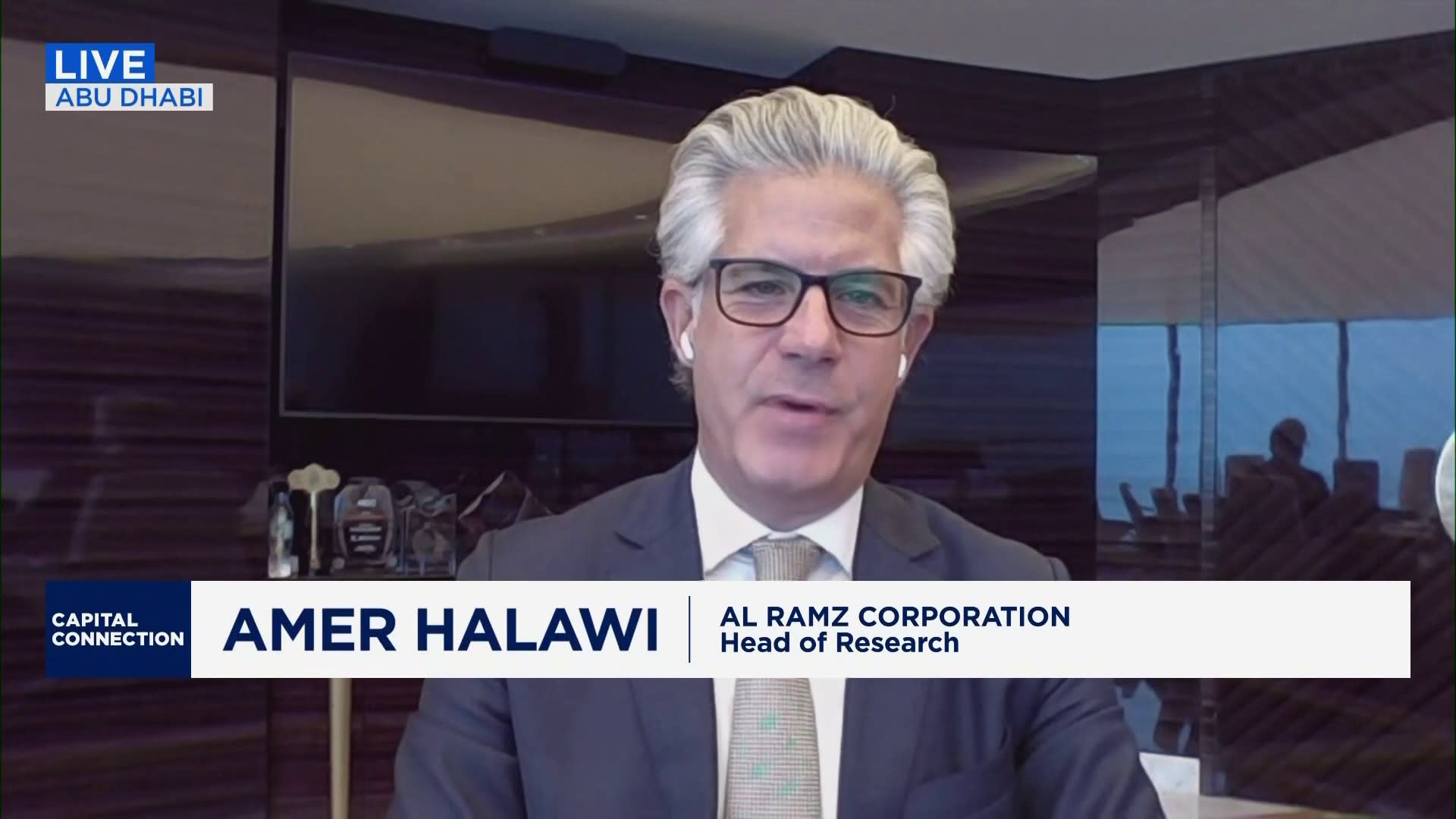The New York Stock Exchange is seen during afternoon trading on August 05, 2024 in New York City.
Michael M. Santiago | Getty Images News | Getty Images
Sustained market declines in the wake of the recent global sell-off could become a “self-fulfilling prophecy” that eventually leads to a recession, Morningstar DBRS analysts warned.
“In our view, the direct impact of these steep market declines is limited,” they said in a note published Monday.
“Our biggest concern is that the market sell-off becomes a self-fulfilling prophecy causing corporate CEOs to cut back on investments and consumers to pull back on spending leading to further cuts and a recession,” the analysts added.

Global markets began to tumble at the end of last week, with Japan’s Nikkei 225 shedding over 12% on Monday and the U.S.-based S&P 500 posting its worst day in almost two years to start the week. Tech and bank stocks were among the hardest hit.
Markets were recouping some of Monday’s losses on Tuesday.
The steep global decline came after a weaker-than-expected jobs report released out of the U.S. on Friday. Nonfarm payrolls came in at just 114,000 in July, far below the projected 185,000 and sharply below the previous month’s figure. The unemployment rate rose to 4.3%.
The data sparked concerns about the state of the world’s largest economy and whether it was headed for a recession, also raising questions about whether the Federal Reserve was wrong not to cut interest rates when it met last week.
Morningstar analysts on Monday said the economic data pointed to a “slowing, but still growing” U.S. economy and noted that the unemployment rate is still below the so-called natural level of 4.4% expected by the Congressional Budget Office.
Meanwhile, flash U.S. gross domestic product data reflected 2.8% economic growth in the second quarter, according to figures released last month.
Conversations with management teams at U.S. banks and recent earnings releases and guidance further suggest banks are not especially concerned about a soft landing being in jeopardy, Morningstar said.
The analysts also said that the impact of the market volatility on banks is likely to be limited, even if further market declines materialize, or if the U.S. enters a recession.
“Despite the sharp declines in stock markets globally, we still view banks in the U.S. and other major markets as being resilient, having sufficient capital and liquidity buffers even if the stock market continues to decline or the U.S. falls into a recession,” the Morningstar note said.
Most U.S. banks only have little exposure to equities in their securities portfolios and on their balance sheets, and the impact on wealth and asset management fees paid to banks would be offset by them previously being boosted by higher market valuations, the analysts explained.
“Capital markets players typically benefit from volatility, although rapid valuation changes can lead to potentially higher losses if not hedged properly,” they noted.
There was also “no material impact” expected for capital management by banks in Japan, a region that also saw steep declines.


